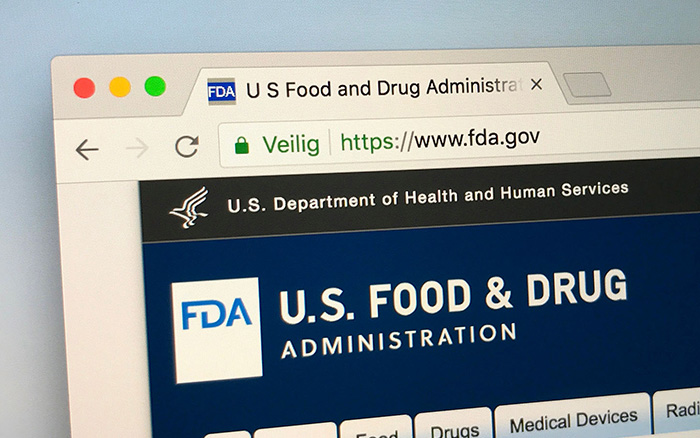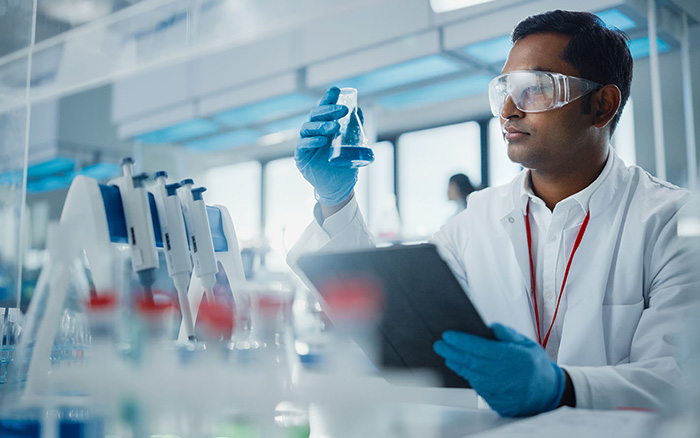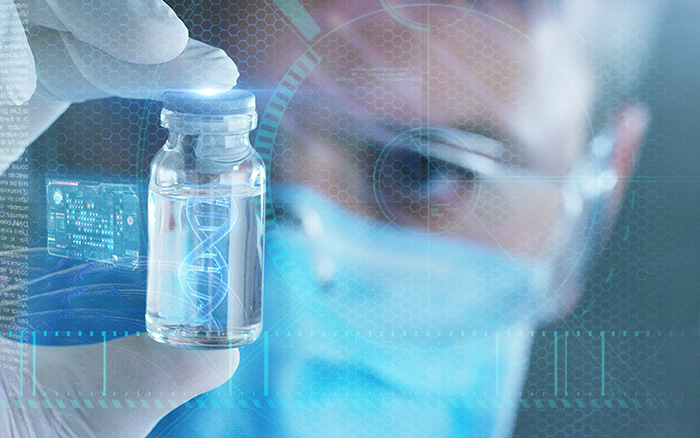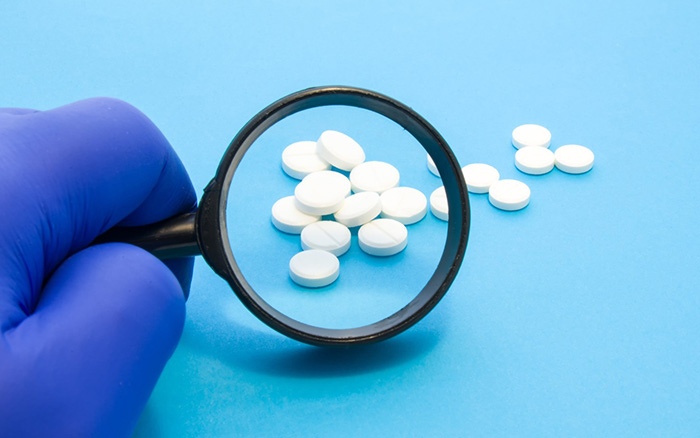Life Sciences

How a failed ALS drug provides a blueprint for the FDA to create a ‘Conditional Withdrawal’ pathway
Apr 22, 2024
Read MoreSimplify the complex with customized blog posts on life sciences and chemical regulation from AgencyIQ. We bring daily updates and analysis on the things that matter to you—helping you get smarter about regulation on the horizon and your next course of action.


Apr 22, 2024
Read More
Apr 15, 2024
Read More
Apr 11, 2024
Read More
Apr 11, 2024
Read More
Apr 05, 2024
Read More
Apr 03, 2024
Read More
Apr 02, 2024
Read MoreSign up for AgencyIQ’s newsletters to receive exclusive regulatory updates and analysis impacting the life sciences or chemical industry.